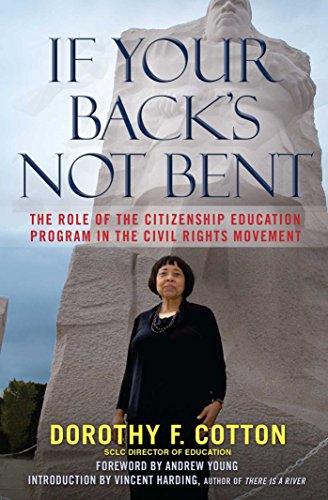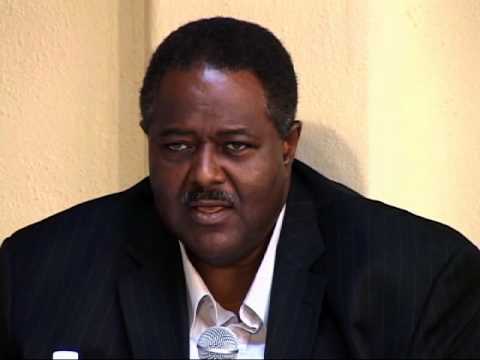Democratic Beliefs
The Civic Organizing Framework is based upon the democratic belief in the people as the basis for producing a just society. Leaders operationalize these beliefs as governing principles within their particular institutional purpose and goals. The outcome produces a new approach to policy making that organizes the civic capacity and civic infrastructure needed to govern for the common good.
We believe in
Human Capacity
Every individual has the capacity to know what is good, to grow in that knowledge, to govern for the common good, and to be a co-producer of justice in the world.
Democracy
Democracy—rule by “the people”—is the best form of human governance to produce a just society, if the people have the civic imagination and capacity to govern in the tension between particular interests and democratic principles that apply to the whole.
Active Citizenship
Individuals are policy makers. Their decisions leverage resources that impact the well-being of themselves, others, and future generations. In a democracy, citizens are obligated to develop the capacity to govern in the tension between their particular interests and what is good for the whole. The outcome produces greater justice. Individuals learn and practice active citizenship in the institutions of family, faith, community, work, learning, and governance. As a result of their contributions, citizens also share in the benefits the society has to offer.
Political Competence
Politics is the “work of the citizen.” Citizens must develop the political interest, discipline, and skills needed to fulfill the obligation to govern for the common good.
Institutional Efficacy
Institutions form the infrastructure needed to produce the mindset, resources, and practices that sustain the core cultural identity from generation to generation. In a democracy, all institutions meet a particular human need for family, faith, community, work, learning, governance and a common need to produce the civic capacity and civic infrastructure to sustain democracy as a just system of governance. When institutions do not meet these needs, citizens are obligated to organize them so that they do.



